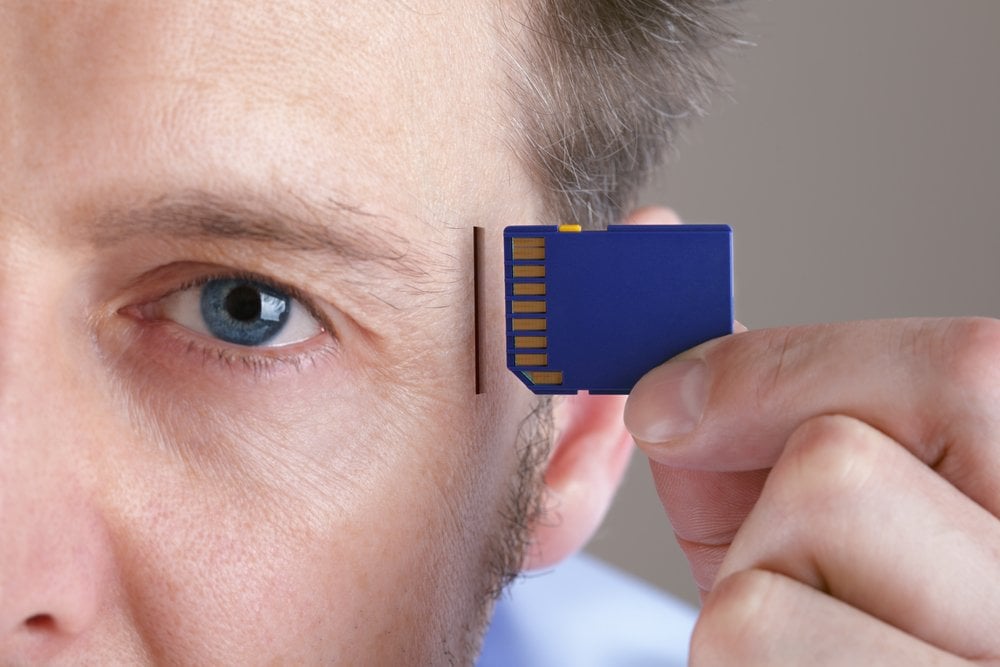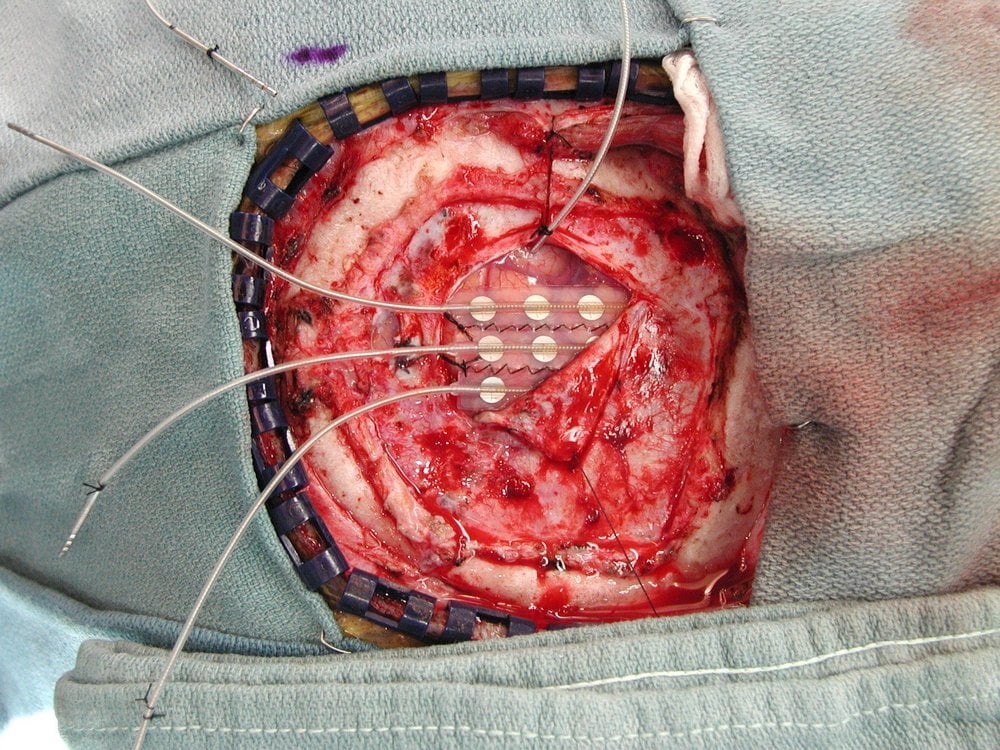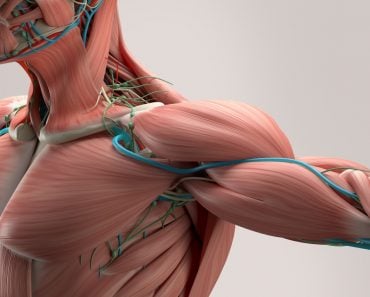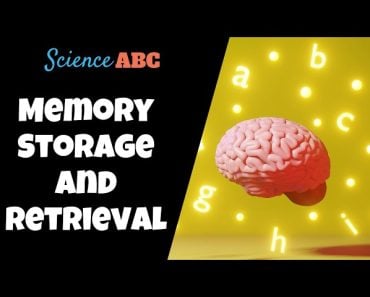Table of Contents (click to expand)
Our memory is an important part of our lives. Sometimes we forget things, like where we put our keys, or what we were going to say. Technology can help us improve our memory by helping us to remember things better. There are things like brain games that help us to exercise our memory, and electrode implants that help people with brain damage remember things.
Have you ever walked upstairs or into another room, and by the time you reached your destination, you had forgotten what you needed? Have you ever walked around a parking lot for twenty minutes searching for your car? Have you accidentally called someone the wrong name – after “meeting them” for the fifth time?
Memory is an important and powerful part of our lives, and the idea of losing your memory or having a “bad” memory can be a major roadblock in life. Whether you’re simply forgetful, suffering from a cognitive disorder, or simply experiencing the deterioration of memory that comes with age, having a poor memory can be a painful and embarrassing problem.
Wouldn’t it be awesome if all the tech-savvy innovators out there could come up with some flashy new technology that can improve memory?
Well, I’ve got some good news for you – the memory tech revolution is coming!

Recommended Video for you:
A Terrible Thing To Waste
Indeed, a mind withering away and losing the ability to remember is a terrible thing, and there are plenty of techniques people have employed over the years to protect and improve their memory. Crossword puzzles, brain teasers, and other methods of keeping us “sharp” have been recommended for years, but those aren’t the most measurable strategies. The content of one’s diet has also been referenced as a successful means of improving memory, such as boosting your antioxidant intake, increasing leafy greens and fish oil. Herbal supplements and remedies are also numerous, but in this modern age, something with a bit more flair was inevitable.

Technology and memory have a strange relationship, namely because many people today argue that technology like smart phones and tablet are actually disengaging the brain and causing our memory functions to suffer. For example, our GPS programs on ever smartphone have made it less important to know your way around a city, while Google answers every question before you can even fire up the old neurons to try and remember it naturally.
That being said, technology has also led to the development of brain games and wider accessibility to information about memory loss and methods to improve it. This strange paradox of being both a problem and solution is yet another fascinating aspect of technology!
Getting Inside Your Head
Recently, a type of technology has been developed to improve memory, although it is primarily designed for those who have suffered major head trauma and are experiencing memory issues for that reason. In other words, if you constantly forget your wallet in your “other pants”, this treatment probably won’t apply to you. However, for soldiers who have experienced serious head trauma, or for others who have suffered from brain damage, this new solution could be the answer to their prayers.
The US military is funding this research, which consists of implanting electrodes in the brain as a sort of “neuroprosthetic”, allowing for artificial mimicry of the complex electric patterns in the brain. For those suffering from memory loss or brain damage, these electrodes can bridge the gaps in memory, so to speak, and help to recapture older memories that have been lost, and also help make short-term memories into long-term ones.
While the applications for this and the research has thus far been driven by the military, its applications for other areas, such as those who have suffered from strokes, premature aging, Alzheimer’s, dementia, and other cognitive disorders. There is still limited treatment for many conditions that affect the brain, so this could be a hugely important treatment option for millions of people.
What’s The Catch?
Obviously, this sort of procedure (implanting electrodes directly into the brain) does come with some inherent risks, as any operation on the brain can be dangerous. Also, by connecting in such invasive ways to certain core areas of the brain, and adding manmade electrical elements to mimic the work of evolution, there is always the chance that something can go wrong.

However, similar electrodes are already in use for certain people with severe epilepsy, and by studying those results and improving on known techniques, we’re getting closer to a viable solution. Tests and research will likely continue in this field for many years, but with growing concern over long-term brain damage from certain activities (consider the recent plague of concern around American football and player’s cognitive health), this is becoming a more important field. The potential advancements could have a wide reach, and benefit a growing, deserving population of patients.
So, to answer the original question, can technology improve our memory? Absolutely! And while we’re still in the infant stages of this industry, we’re moving in the right direction. Until it becomes “mainstream”, just try not to put your keys down in weird places, and pick up a crossword puzzle every now and then!

References (click to expand)
- Charness, N., Best, R., & Souders, D. (2012, June 28). Memory function and supportive technology. Gerontechnology. International Society for Gerontechnology (ISG).
- Medhi, B., & Misra, S. (2013). Role of probiotics as memory enhancer. Indian Journal of Pharmacology. Medknow.
- Spiers, H. J., & Bendor, D. (2014, June). Enhance, delete, incept: Manipulating hippocampus-dependent memories. Brain Research Bulletin. Elsevier BV.
- UCLA scientists boost memory by stimulating key site in brain | UCLA - newsroom.ucla.edu:80
- Memory enhancement technology and a future without .... Slate













